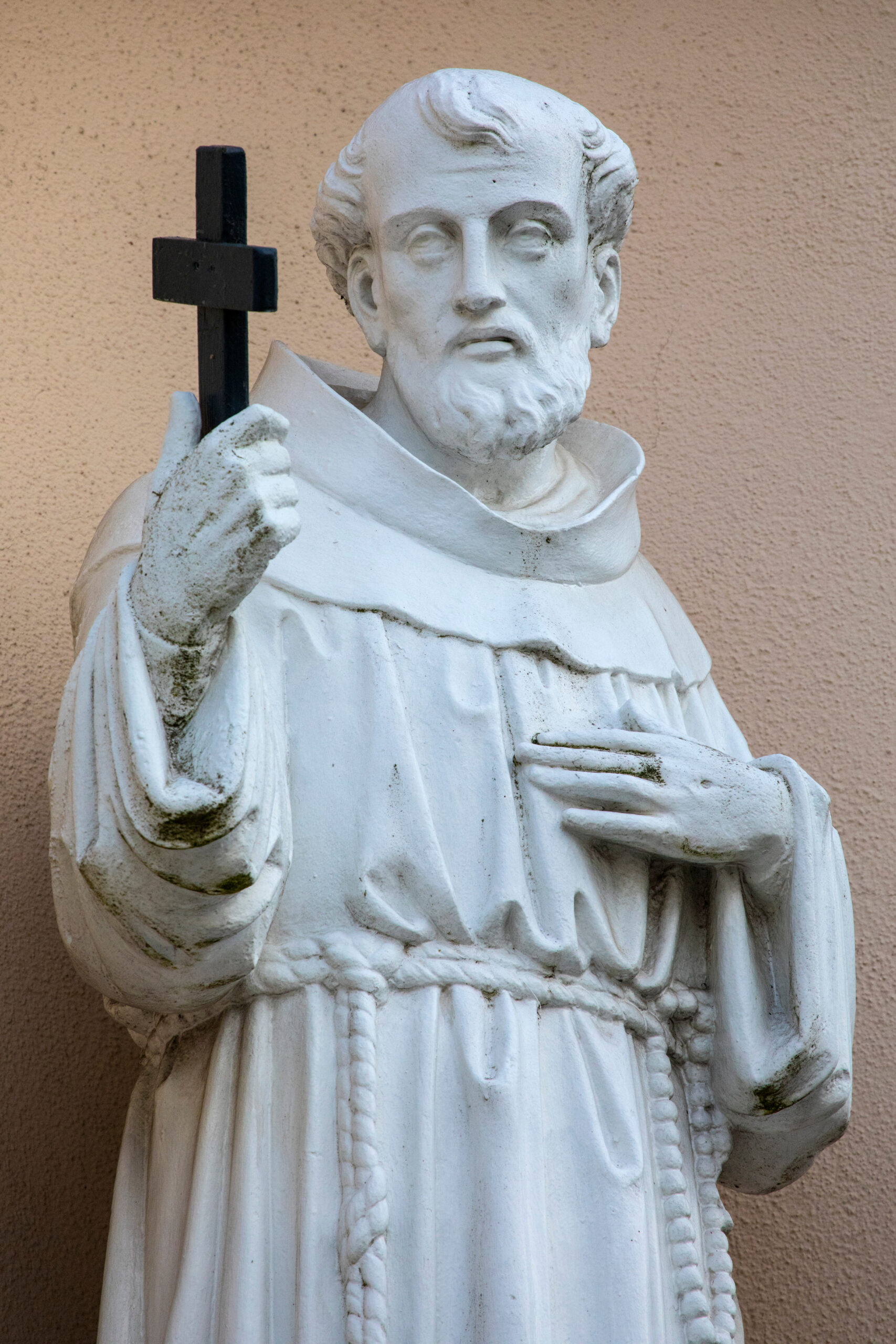The proof of true humility is patience: neither meekness of speech, nor humbleness of bearing, nor the giving up of oneself to lowly works, is a sufficient indication by which to judge if a soul is truly humble.
There are many who bear all the appearance of exterior humility, but who are angered at every slight adversity and resent any little vexation which they may encounter.
If under certain circumstances we show toleration and patience in bearing an insult, in suffering a wrong in silence without indignation and anger or resentment, it is a good sign, and we may begin to conclude that we have some humility; but even then, patience can only be an infallible sign of true humility when it proceeds from the recognition of our own unworthiness and when we tolerate the wrong because we know that we ourselves are full of faults and are deserving of it.
And how do we stand, O my Soul, in regard to this patience? O my God, how much pride I find, even in my patience! Sometimes I suffer a wrong, but at the same time I feel that I am wronged. I suffer an insult, but consider that I do not deserve it. And if others do not esteem me, yet I esteem myself. Is there humility here? Not a vestige of it!
The Holy Fathers attribute to Jesus Christ the words which the Prophet says of himself: “For I am ready for scourges,” (Ps. 37:18), because by reason of our iniquities which He had taken upon Himself, He considered Himself deserving of all the penalties and opprobrium of the world. Here is the pattern of true humility.
Very different is the patience of the philosophers and stoics and the patience of worldly people, from that of true Christians. The stoics taught great patience in their writings and by their example, but it was a patience that was the outcome of pride, self-esteem and contempt for others.
The worldly-minded, it is true, bear the many anxieties and afflictions of their own state of life with patience, but it is a patience that proceeds from interested motives, or the necessity of worldly prudence.
Christians alone possess that patience united to humility which receives every adversity with submission to the Divine Will, and this is the patience which is pleasing to God. For, as St. Augustine says: “That which a man does from pride is not pleasing to God, but that which he does from humility is acceptable to Him.”
The following thoughts may sometimes trouble us: Who knows whether my past Confessions have been good? Who knows whether I have had real sorrow for my sins? Who knows if my sins have been forgiven? Who knows whether I am in the grace of God? Who knows whether I shall obtain the grace of final perseverance? And who knows if I am predestined to be saved?
But it is not God’s intention that this uncertainty should cause us these anxieties and scruples. In His infinite wisdom, He has hidden from us the mysteries of His justice and mercy, so that our ignorance should prove a most efficacious help to keep us in humility.
Therefore, the profit we ought to derive from such thoughts is this: to live always in fear and humility before God, to do good diligently, and to avoid evil without ever exalting ourselves above others in our self-esteem, because we do not know what our doom may be. “Serve ye the Lord with fear.” (Ps. 2:11). “Fear the Lord, all ye His saints.” (Ps. 33:10).
Such is the Divine Will toward us, manifested through St. Paul. God expects us always to be humble, whether it be for that which He reveals to us, or for that which He withholds from us.
This article is taken from a chapter in Humility of Heart by Fr. Cajetan Mary da Bergamo which is available from TAN Books.









